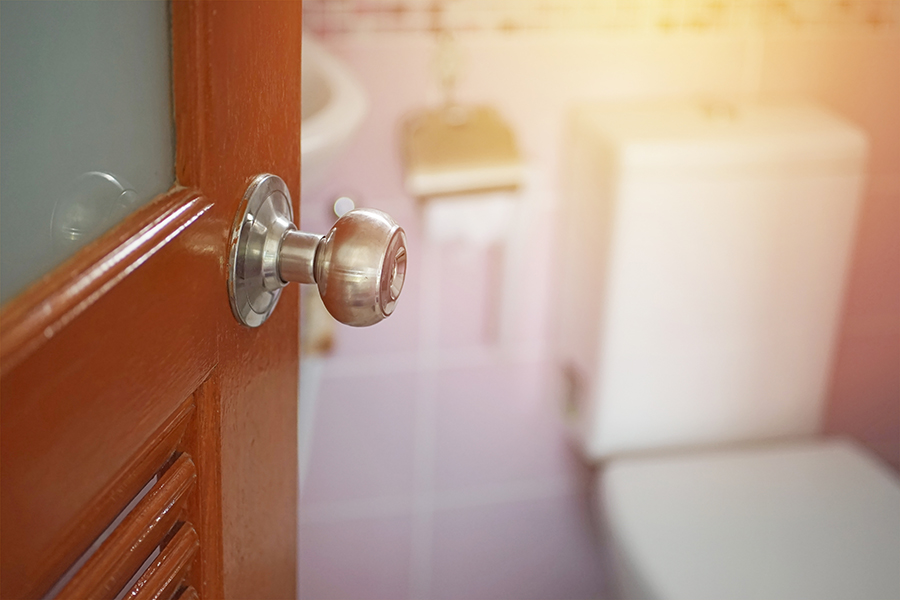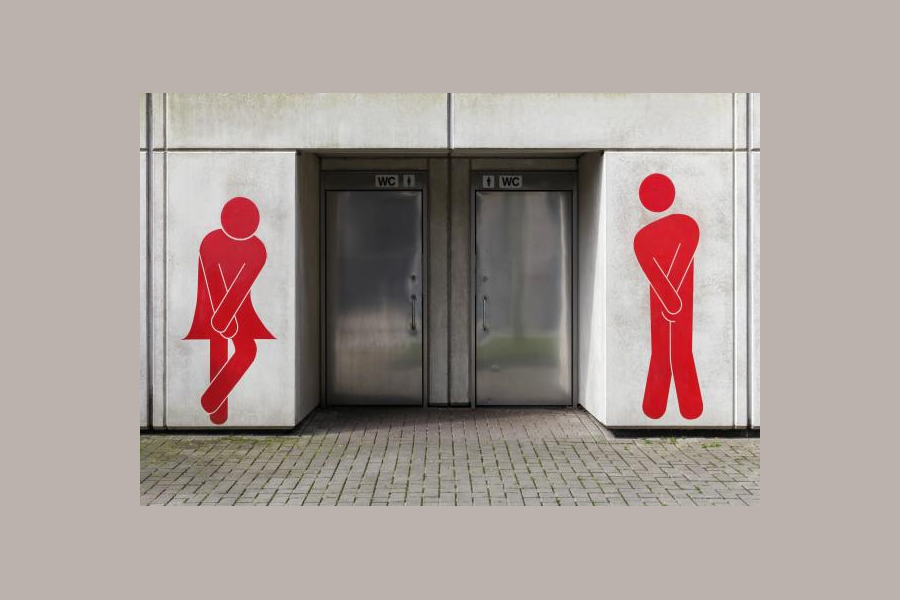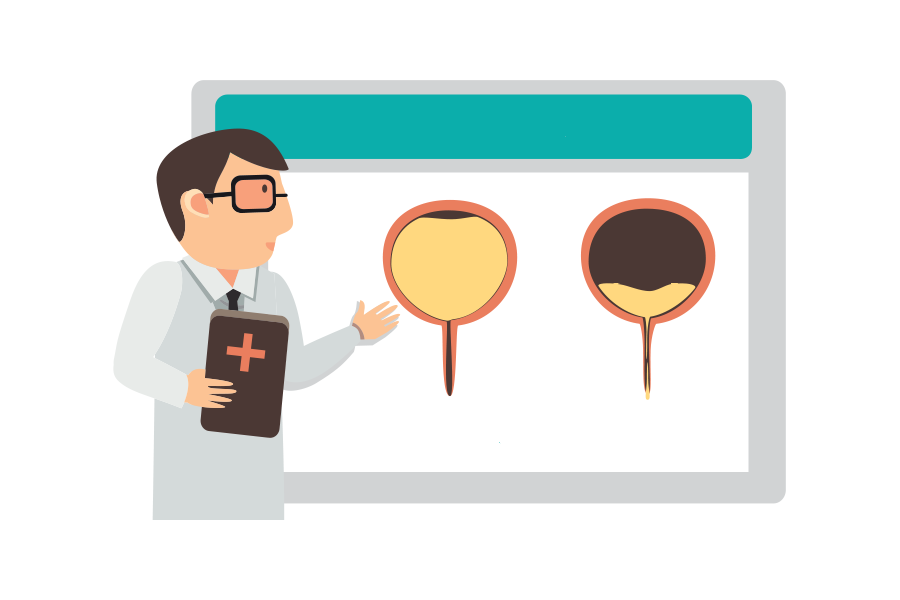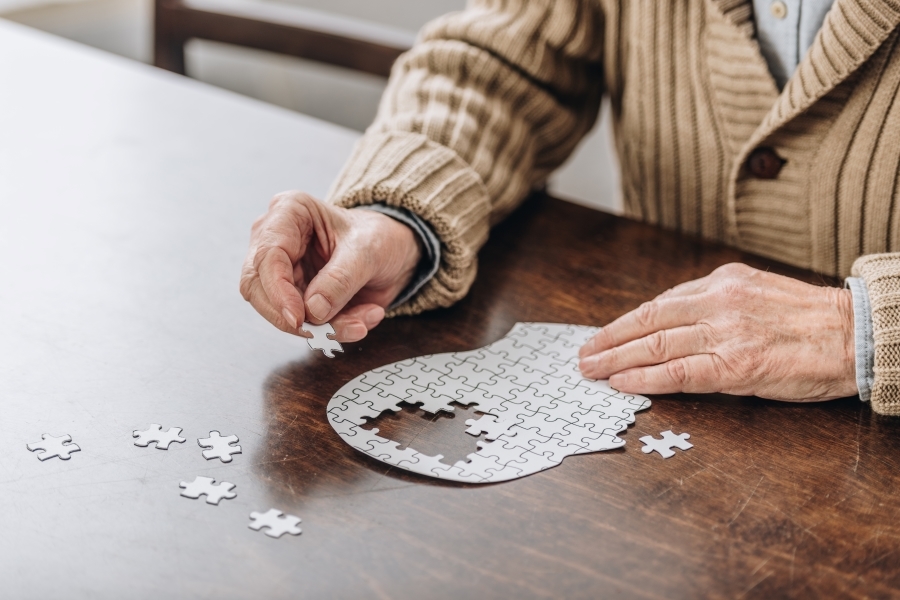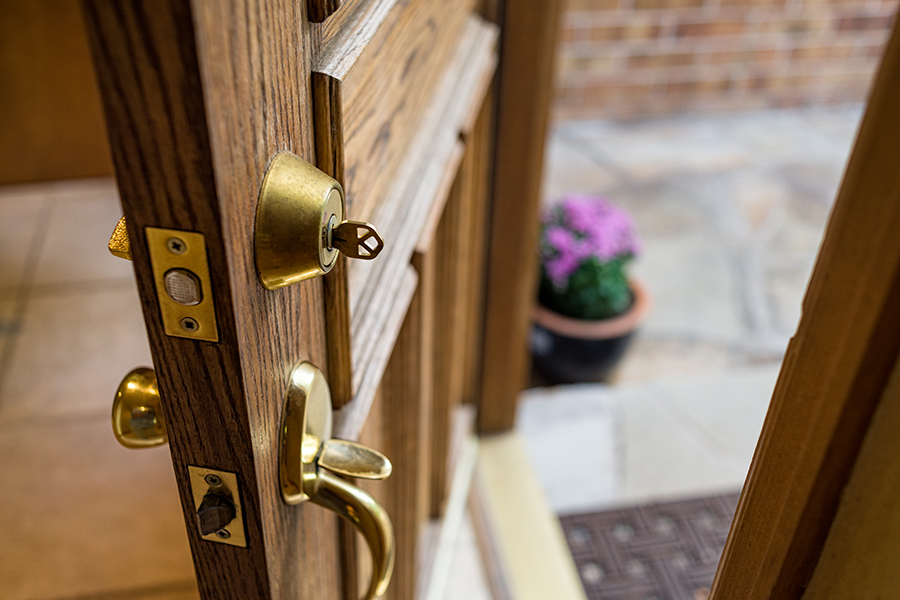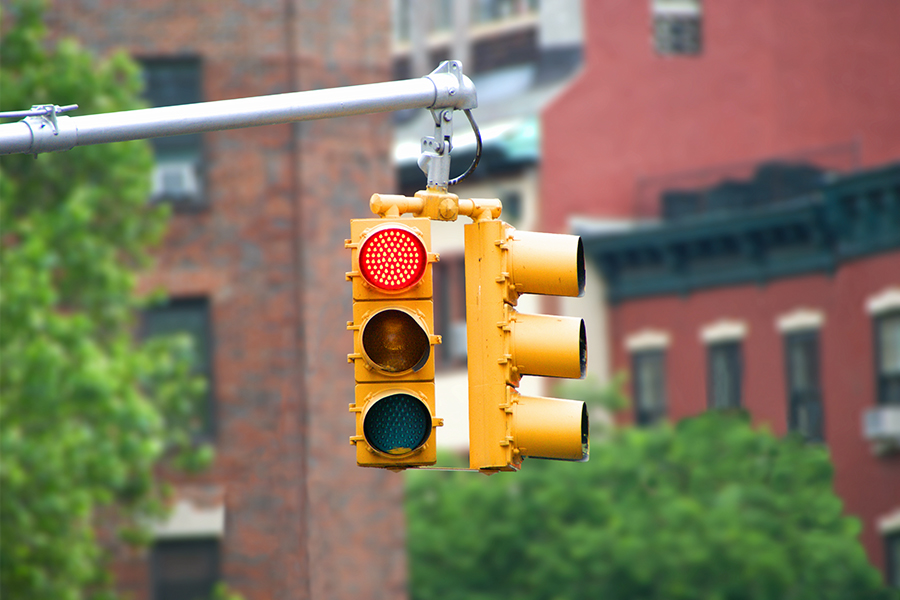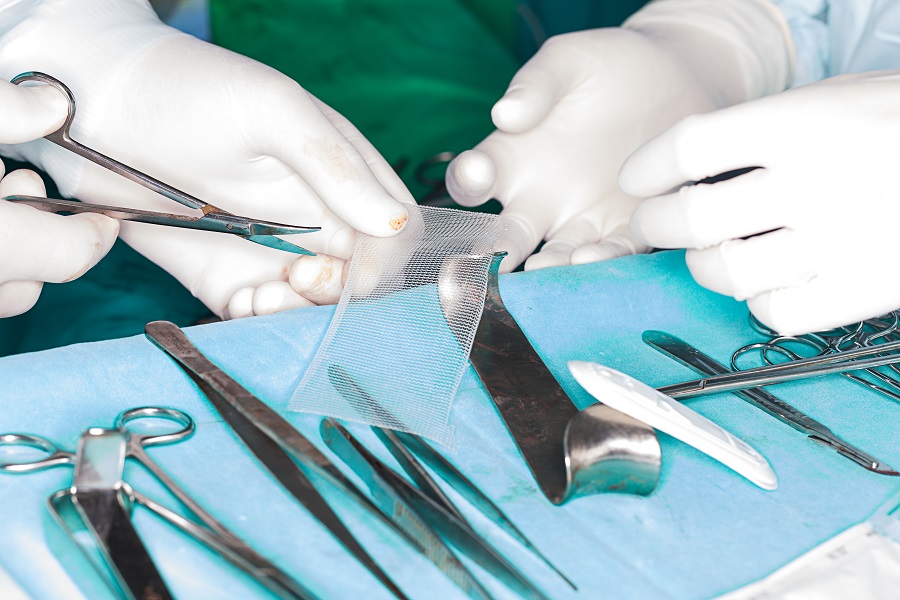The word incontinence applies to more than urinary incontinence. Although it is often assumed when the word “incontinent” is used that just bladder leakage is being discussed, it’s can also mean ABL, for Accidental Bowel Leakage, also called fecal incontinence.
The first thing anyone should do when experiencing ABL is to discuss it with their doctor. Individuals may feel embarrassed by having this issue, but it is much more embarrassing to continue suffering from an issue when there may be helpful treatments available.
ABL can range from a bit of stool leaking while one is passing gas, to a bout of diarrhea due to the stomach flu, to a complete loss of bowel functioning. For individuals who may experience a small amount of stool leaking when one passes gas a few times, they may not feel the need to discuss this with their doctor – each person should take it upon themselves to know when the issue has become untenable.
There are products available that can help contain the leakage and the odor associated with it. Some products feature “Fecal Containment Zones” which do their best to help lock in the stool until the individual can get to the restroom. For those with this issue, or for those caregivers caring for someone with this issue, diapers and pull-ups should be changed as soon as possible after an ABL occurrence.
There are different types of fecal incontinence, just like with urine incontinence. There is urge incontinence, where the individual suddenly feels the urge to use the restroom but cannot make it in time. The other type is passive incontinence, where the individual does not realize they have passed stool until after the fact.
You can learn more about fecal incontinence in our webinar, “Managing Fecal and Urinary Incontinence.” Click here to watch the recorded video of the webinar, cued to the section about fecal incontinence.







